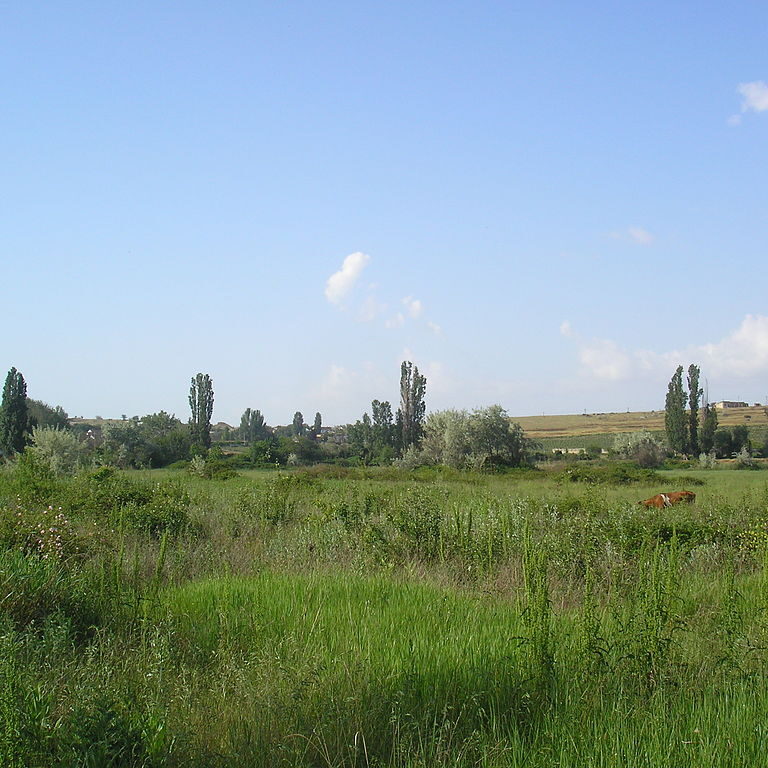As our Association has already reported, in Kyiv, on July 18-19, the International Forum of the Expert Network of the Crimean Platform “Vision of the Future: Expert View” was held.
Among the speakers of the Forum was the Chairman of the Board of the Crimean Tatar Resource Center Eskender Bariiev, who emphasized in his speech that after the de-occupation of Crimea, “we will get such a problem when our judicial system will choke on cases in the Crimea. Therefore, we need to relieve the judicial system as much as possible … and pay more attention to the crimes that the occupiers committed on the territory of Crimea”, – said Bariiev.
“We also propose that all persons who illegally remained in the Crimea be identified first, because these processes will not take place in a day or a month, and our system must complete this development”, – he explained.
Bariiev recalled that in March 2023, the Strategic Forum “The Future of Crimea” was held, at which experts developed recommendations for the reintegration of the Crimea, taking into account the collective rights of indigenous peoples in 10 areas: public authority, criminal, civil, migration, social and humanitarian, environmental, international, anti-corruption policy and politics of justice.
Head of the Center and a Mejlis member gave an exclusive comment to our Association on the results of the Forum on July 18-19.
To the question “what should be expected from the legalization of the Mejlis in the Ukrainian legal field”, Eskender Bariiev noted the following.
“The legalization of the Mejlis of the Crimean Tatar people in the national legal field of Ukraine is indeed a fundamental step in realizing the rights of the indigenous people.
The Ukrainian authorities recognized the UN Declaration on the Rights of Indigenous Peoples in 2014, adopted a law on indigenous peoples in 2021, and approved the procedure for legalizing their representative bodies in 2022.
At the same time, the question of “reverse movement” arose: does the Mejlis agree with the proposed work algorithms, is it ready not only for political, but also organizational, personnel, budgetary legalization”, – the Crimean Tatar human rights activist said.
“Yes, while we were preparing documents for submission according to the current procedure, and this was not easy under the conditions of the occupation of Crimea, some of the “great friends of the Crimean Tatars” behind our backs said “it doesn’t agree … it does not ready”. Now I am sure that after the decision of the Cabinet of Ministers on legalization, we have a lot of work ahead, because the Mejlis is set to work closely with both the Ukrainian authorities and the society within the framework of the procedures established by the law on indigenous peoples”, – added the head of the Crimean Tatar Resource Center.
To the question of the Association “why the principle of the consent of indigenous peoples is important for the future of Crimea”, a member of the Presidium of the Mejlis of the Crimean Tatar people added the following.
“The free, informed and prior consent of the indigenous Crimean Tatar people is not just a requirement of international law, but also of the law on indigenous peoples and the approved procedure for consultations with their representative bodies. This approach is an integral part of the processes of reintegration of the Crimea, and in all areas and every day, and not just during the rally on the anniversary of the May 18 genocide”, – Bariiev stated.
The human rights activist gave two examples “why it is important to have not only the desire to raise the Crimean Tatar flag once a year, but also to carry out the corresponding permanent and often thankless work”.
Bariiev noted that “recently CTRC applied to the central authorities with a proposal to rename a number of Crimean reservoirs and railway stations, including within the framework of the law on decommunization”, – and received an actual refusal from the State Water Agency and the State Fisheries Agency.
The member of the Mejlis also recalled that “at present, the administrative courts are considering a case on why all the years after the occupation of Crimea, Ukraine, together with the aggressor, resolved the issue of exploitation of the Sea of Azov on joint commissions” and “when the court, at the request of public structures, decided to involve the Mejlis in the case, and he outlined his own procedural position, some individuals immediately had sincere surprise “why are the Crimean Tatars here at all”, who actually lived on the territory of Azov for the last at least eight hundred years.
To prevent such separate unfortunate situations from arising in the future, the introduction of the principle of “radical consent” is an extremely important task of our common cause, concluded Eskender Bariiev.







